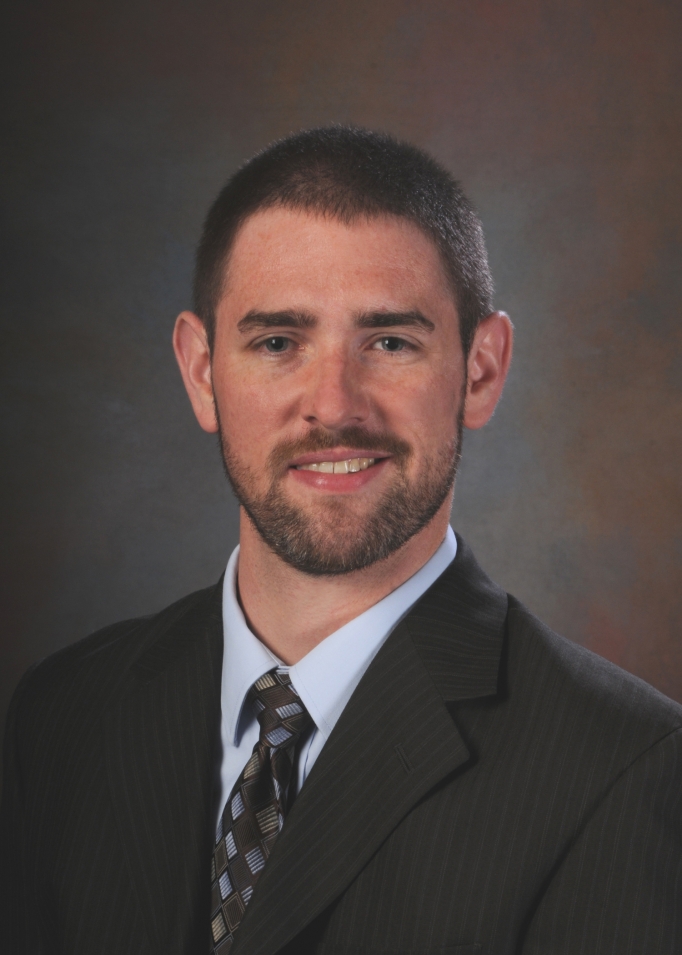Save the Brain. Act F.A.S.T.

When it comes to stroke, time lost is brain lost.
A stroke is a “brain attack” cutting off blood oxygen to the brain cells that control everything we do – from speaking, to walking, even breathing. Most strokes occur when the arteries are blocked by blood clots or by the gradual build-up of plaque.
Stroke is a significant problem in South Carolina, with stroke rates among the highest in the nation. Stroke was the fifth leading cause of death in South Carolina, resulting in 2,600 deaths during 2017. African Americans are 50 percent more likely to die from stroke than Caucasians in South Carolina. The good news is that many strokes can be prevented. Emergency treatments can help stop the brain damage and disability, if you know the symptoms and get immediate medical care. Any delays in getting care for stroke patients greatly increase the chances of permanent disability or even death.
It is important to recognize stroke symptoms and act quickly.
Common stroke symptoms in both men and women:
- Sudden numbness or weakness of face, arm or leg — especially on one side of the body
- Sudden confusion, trouble speaking, or understanding
- Sudden trouble seeing in one or both eyes
- Sudden trouble walking, dizziness, loss of balance or coordination
- Sudden severe headache with no known cause
Call 911 immediately if you have any of these symptoms.
If symptoms appear for only a very short period of time and then disappear, you may be experiencing a transient ischemic attack (TIA), sometimes called a “mini-stroke.” It is important to call 911 whenever you experience any stroke symptom because there is emergency medical treatment available that could save your life. While TIA’s are not strokes, they indicate serious underlying stroke risks and are a powerful warning that a full stroke may soon follow. Getting emergency medical treatment is important for several reasons: Only a doctor can tell for sure if you are having a stroke or a TIA. If you are having a TIA, your doctor will evaluate and treat the underlying causes. Following your doctor’s orders for medication and treatment can help reduce your risk of having a stroke.
Every minute counts for stroke patients and acting F.A.S.T. can lead patients to the stroke treatments they desperately need. The most effective stroke treatments are only available if the stroke is recognized and diagnosed within the first three hours of the first symptoms.
If you think someone may be having a stroke, act F.A.S.T. and do this simple test:
F-FACE: Ask the person to smile. Does one side of the face droop?
A-ARMS: Ask the person to raise both arms. Does one arm drift downward?
S-SPEECH: Ask the person to repeat a simple phrase. Is their speech slurred or strange?
T-TIME: If you observe any of these signs, call 9-1-1 immediately.
Note the time when any symptoms first appear. If given within three hours of the first symptom, an FDA-approved clot-buster medication may reduce long-term disability for the most common type of stroke. Learn as many stroke symptoms as possible so you can recognize stroke as FAST as possible
To provide patients with the best chance of returning to a pre-stroke state of health, McLeod Health has partnered with TeleSpecialists.
TeleSpecialists is a web-based, tele-medicine system. Through this system, urgent, specialized stroke consultations are delivered to the physicians and nurses caring for acute stroke patients in any McLeod Emergency Department. Emergency departments often receive stroke patients but do not have 24/7 coverage from a neurologist for the rapid evaluation of patients presenting with stroke symptoms.
TeleSpecialists is available in both the emergency department and in inpatient settings throughout the McLeod Health system to evaluate patients within a moment’s notice of any sudden stroke symptoms. TeleSpecialists use a telemedicine portal at the bedside to evaluate the patient and interact with the on-site nurses and physicians caring for the patient. The TeleSpecialists physicians are board certified vascular neurologists who are well-versed in stroke care.
TeleSpecialists evaluations for our stroke patients are available in all of our facilities, including Florence, Dillon, Cheraw, Clarendon, Loris, Seacoast, and Carolina Forest. Shorter times to patient evaluation, care, and treatment lead to better outcomes for patients. Time is brain and being able to see a specialist in stroke very quickly will provide our patients with the best outcomes possible. If you or a loved one is experiencing facial drooping, arm or leg weakness, or a change in speech, don’t wait. Call 911 for care and get to an emergency department as quickly as possible.
Dr. Joseph Kearney is a Board-Certified Emergency Medicine Physician with McLeod Regional Medical Center. As a stroke advocate, Dr. Kearney serves on the McLeod Neuroscience Steering Committee helping improve the processes in stroke patient care.
-
McLEOD REGIONAL MEDICAL CENTER FLORENCE
843-777-2000 -
McLEOD DARLINGTON
843-777-1100 -
McLEOD DILLON
843-774-4111 -
McLEOD LORIS
843-716-7000 -
McLEOD SEACOAST
843-390-8100 -
McLEOD CHERAW
843-537-7881 -
McLEOD CLARENDON
803-433-3000



-
McLEOD REGIONAL MEDICAL CENTER FLORENCE
843-777-2000 -
McLEOD DARLINGTON
843-777-1100 -
McLEOD DILLON
843-774-4111 -
McLEOD LORIS
843-716-7000 -
McLEOD SEACOAST
843-390-8100 -
McLEOD CHERAW
843-537-7881 -
McLEOD CLARENDON
803-433-3000
 Find a Doctor
Find a Doctor  Locations
Locations  Services
Services